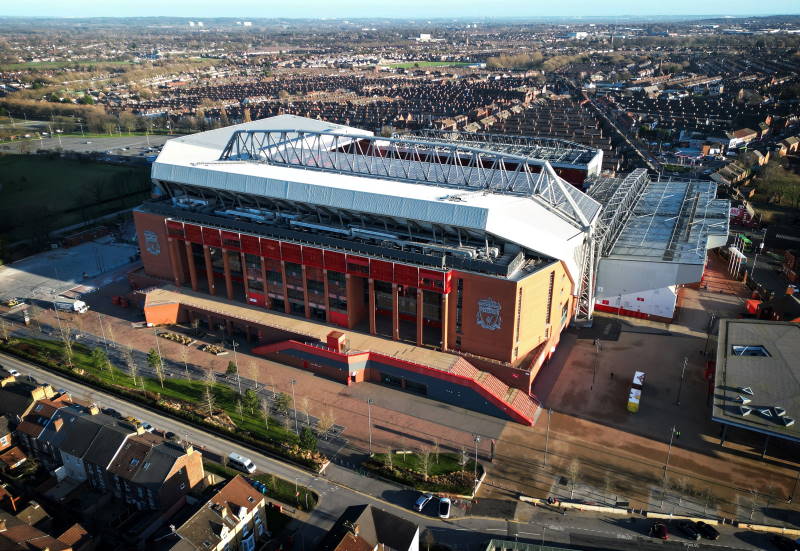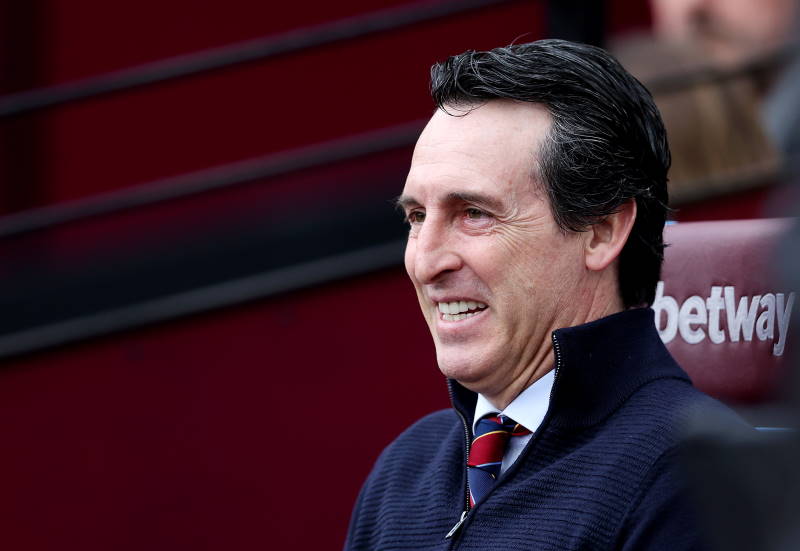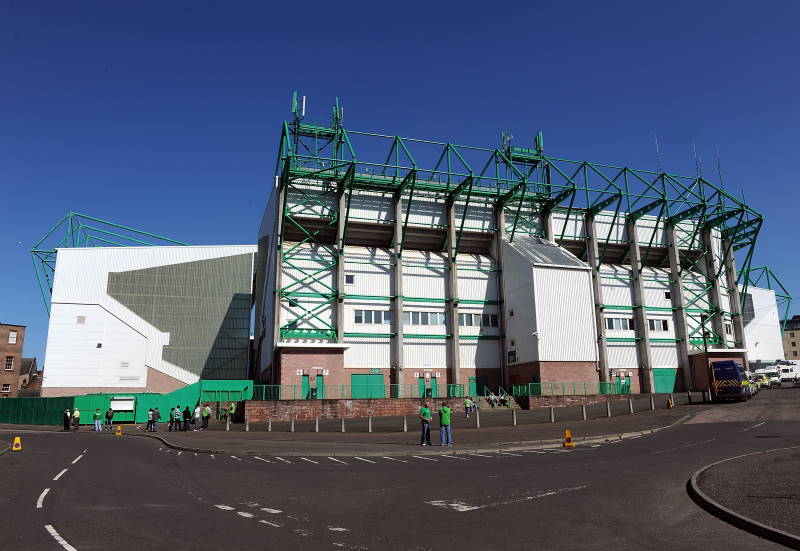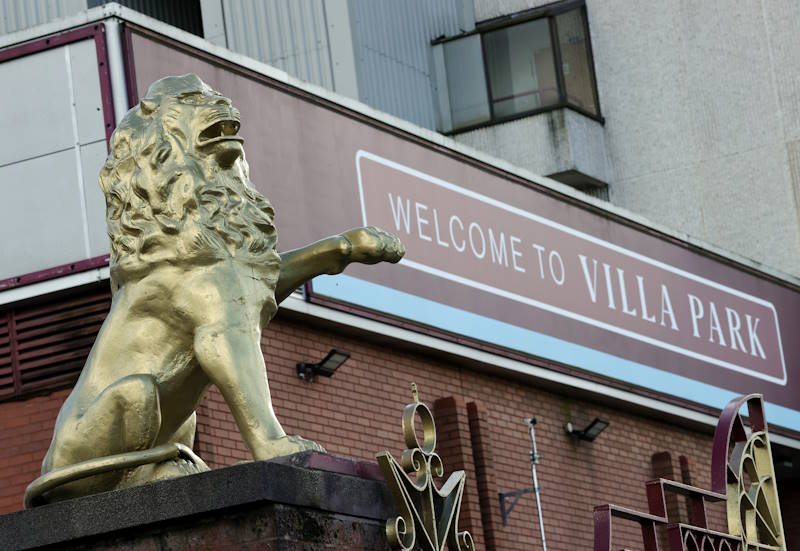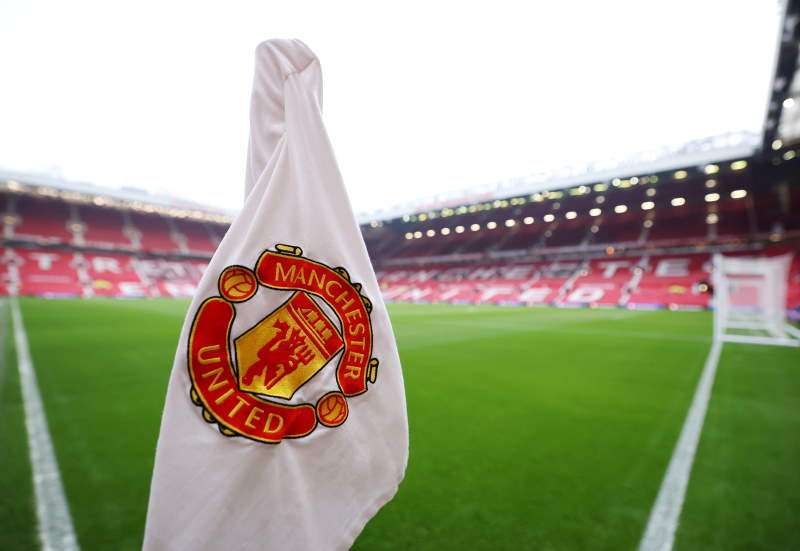
English fans pay the highest entrance fees to football matches in the world – that is an accepted fact. But just how much more they pay was really highlighted by the country’s local media recently when it compared ticket prices in the English Championship, the second-tier of English football, to those of the Bundesliga. And the colossal discrepancy between English and German ticket prices can be taken even further down the English league system.
On the day that 1,000 fans of German Bundesliga champions Borussia Dortmund protested over having to pay an exorbitant charge of €19, English fans of second-tier Nottingham Forest were quite happy to pay double that. The Dortmund fans walked out of Hamburg’s Imtech Arena only 10 minutes into the game because they considered the entrance fee to the stadium to be too steep – it amounted to £15.40 in English money. Meanwhile, over in the English Championship, the visiting Nottingham Forest supporters saw nothing wrong in paying £34 to get into Leeds United’s Elland Road to see their team, one equivalent league level below the Bundesliga.
But the discrepancy between English and German football looks even more ridiculous when going further down the English football league system. Still on the same Saturday, fans of fourth-tier strugglers Wycombe Wanderers paid more than Dortmund fans to watch the Chairboys lose at home to AFC Wimbledon. The cheapest standing tickets at Adams Park are £18 (€22.50)
A week later, the expensiveness of English football ticket prices was further highlighted at a London derby, where to watch Arsenal take on Chelsea at the Emirates Stadium, fans had to shell out £62 (€77.60) for the lowest priced tickets. According to the latest available statistics, that is one fifth of an average English worker’s weekly take home pay of £320. German workers take home £90 more at £409 per week and complain at having to pay less than 4% of that to watch an equivalent game.
At those prices English football is no longer the working class sport that it has been for most of its 140-year history. In fact it has come full circle to where it began in the 1870s when it was an upper class game invented and played by the rich. It remained like that until it was shanghaied by northern English working class football clubs who did exactly what the owners such as Chelsea’s Roman Abramovich and Manchester City’s Sheikh Mansour’s are doing today.
They showed that money can buy success, when clubs such as Blackburn Rovers, Aston Villa and Preston North End, all made up of the world’s first professional players, started to dominate the game. First they got a stranglehold on the only football competition the FA Cup, wresting it from amateur teams like The Wanderers and Old Etonians. But that only made it necessary for these clubs to play more competitive matches in order to pay the players and so the world’s first football league was created – out of financial necessity. From then on it remained in the domain of the English working classes while those higher up the social ladder favoured rugby.
It was the founding of the Premier League in 1992 with its all-seater state-of-the-art stadiums which suddenly made the game attractive to the upper echelons of society once again. For the first time these playing arenas provided private boxes where spectators were waited on and served ‘prawn sandwiches’, which became a bit of a standing joke. It was in complete contrast to the traditional poor catering that had been provided by football clubs, summed up by the notorious ‘cold pies’.
But where today’s game differs from its Victorian counterpart is that it is run along economic lines that are quite frankly ‘bizarre’ to say the least. Whereas in the past clubs were expected to balance the books and live within their means, the wages paid to players have gone off the Richter scale and plunged many clubs into deep financial debt.
It is no wonder the British satirical magazine ‘Private Eye’ refers to the game as “Planet Football”, implying that it exists in a world of its own. Certainly that is true of the English game where the economics just do not add up.

